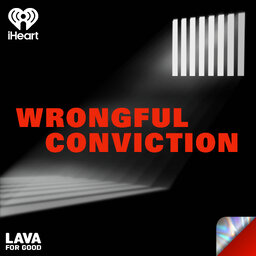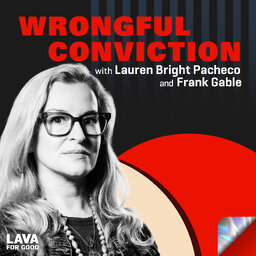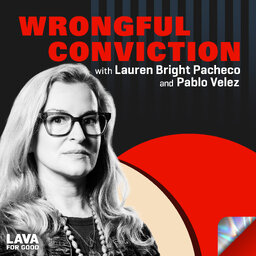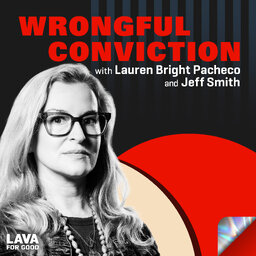#074 Jason Flom with Rafael Madrigal
Rafael Madrigal and co-defendant Francisco Olivares were charged with committing a drive-by shooting in East Los Angeles on behalf of the Ford Maravilla gang and convicted in January of 2002. Rafael contended his innocence from the beginning; at the time of the shooting he was at work at Proactive Packaging & Display in Rancho Cucamonga, approximately 35 miles away. The petition submitted on Madrigal’s behalf established his alibi and argued that his trial counsel was ineffective in his representation, failing to call an alibi witness or properly investigate the case. During an evidentiary hearing on November 3, 2008, alibi witness Robert Howards, Rafael’s direct supervisor at Proactive, testified that the production line would have shut down had Rafael not been at work. Rafael was the only employee trained to operate the laminating machine and his failure to operate that piece of machinery would have impacted production. Howards was never called as a witness, despite his submission of a notarized alibi statement in Rafael’s defense. An audio tape was also produced during the evidentiary hearing. On the tape was a telephone conversation between Olivares and his girlfriend. In the conversation, Olivares admits that Rafael was not involved in the shooting, nor did he know any details of the crime. The audio tape was never entered as evidence. The alibi witness and audio tape prove Rafael Madrigal’s innocence, and together, both pieces of evidence were crucial in the reversal his conviction.
https://www.wrongfulconvictionpodcast.com/with-jason-flom
Wrongful Conviction is a production of Lava For Good™ Podcasts in association with Signal Co. No1.
 Wrongful Conviction
Wrongful Conviction


